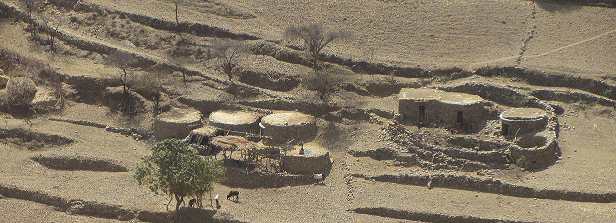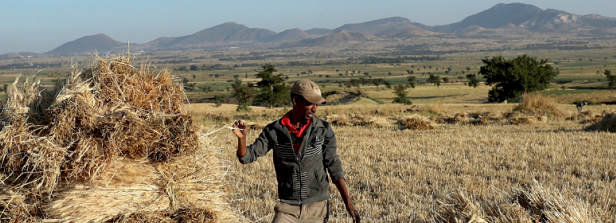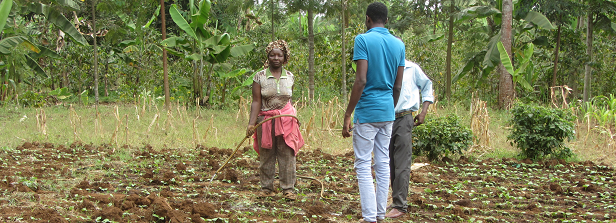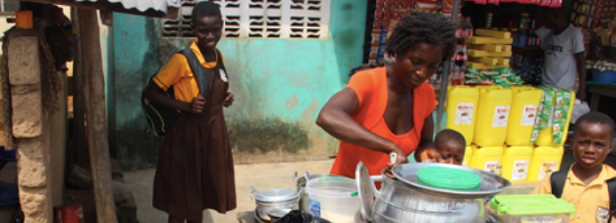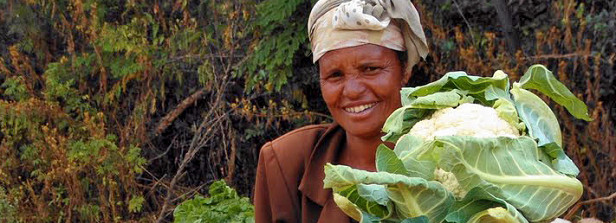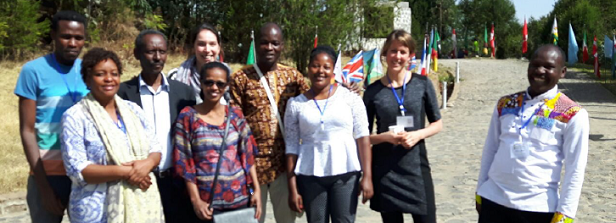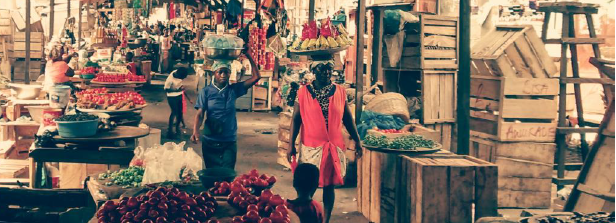Follow the Food – Dutch agribusiness and local food security in Africa
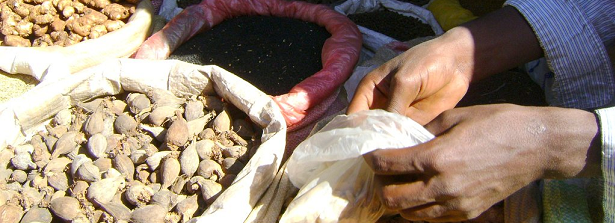
Duration: October 1, 2015 – October 14, 2019
Project information
Aim: There is considerable foreign investments in African food production for world markets. This may serve global food security, but can have negative consequences when external agribusiness displace local smallholders without alternative income sources. The aim of this study is to investigate which different business models manage to achieve inclusive growth in Ethiopia, Kenya and Ghana.
Objective: The overall objective of this project is to enhance food security in Ghana, Ethiopia and Kenya through targeted advice for (Dutch) agribusiness investors, policy makers and other stakeholders in the three countries on the possible impact pathways from global agribusiness investments to local food security, and the risks and opportunities involved. The knowledge objective is to assess the effects of private agribusiness investments in African agriculture on local food security.
Method: The project uses a value chain approach to compare investments in different business models engaged in the production of a variety of food crops along the local – export market continuum. It generates in-depth and comparative knowledge on the global-local nexus of different foreign-induced business models, their level of inclusiveness and how and to what extent they can contribute to local food security. This is done by comparing a variety of Dutch investment cases in Ethiopia, Kenya and Ghana.
In kick-off meetings clusters of Dutch agro-investment are identified from which a selection is made of 1 or 2 companies per crop. These companies are analyzed in terms of linkages, value chain dynamics, business strategies and CSR performance. In each cluster, some 50 production workers (employees, smallholders) are selected by random sampling for a survey of changes resulting from the investment projects – consumption patterns, crop changes, food access etc. By bringing quantitative and GIS mapping data together on an online platform (e.g. Akvo), researchers compare data from the three regions and countries directly.
Countries: Ethiopia, Ghana and Kenya.
Dutch policy goal: Inclusive business models for food security.
Progress reports
Year 1: Since the start of the project, we have made solid progress in engaging with (local) stakeholders, fine-tuning the set-up of our research project, as well as initiating field research by local PhD and UU MSc students. This has been a joint consortium effort, which has taught us valuable first lessons: (1) we need to have a clear emphasis on nutrition security, not only food security; (2) agribusiness investments in Africa come in a wide variety of business models, which are very much shaped by local conditions; and (3) we should also be aware of local food security dynamics that are not directly connected with (foreign) agribusiness investments. We have incorporated these insights into our research design, allowing us to properly analyse local business models and impact pathways that may be even more ambiguous than anticipated, showcasing the complexity of local food systems and their dynamics.
Summary mid-term review: Since the start of the project, field research and exchanges within the consortium have considerably sharpened our understanding of the link between foreign agribusiness investment and local food security. Business models and value chain governance both matter for the outcome, but the explanatory power of such conceptual tools should not be overestimated. Both business model research and value chain analysis tend to focus on particular relevant features, but also risk draw attention away from the important question how companies and farmers operate in a specific landscape and local socio-physical system. It is the interplay of BM and VC features with the characteristics of that specific setting that shapes food and nutrition security outcomes. The key question then becomes how to analyze that integration process.
Year 3: Since the start of the project, field research and exchanges within the consortium have considerably sharpened the understanding of the link between foreign agribusiness investment and local food security. Business models and value chain governance both matter for the outcome, but the explanatory power of such conceptual tools should not be overestimated. Both business model research and value chain analysis tend to focus on direct effects on the actors involved. As such they risk to draw attention away from the important question how companies and farmers operate in a specific landscape and local socio-physical system. It is the interplay of BM and VC features with the characteristics of that specific setting that shapes food and nutrition security outcomes. The key question then becomes how to analyze that interaction process. In the case-studies the research team considers both direct and potential indirect effects (local food market prices, exclusion effects and natural resources). Inspiration is drawn from food systems and landscape approaches.

